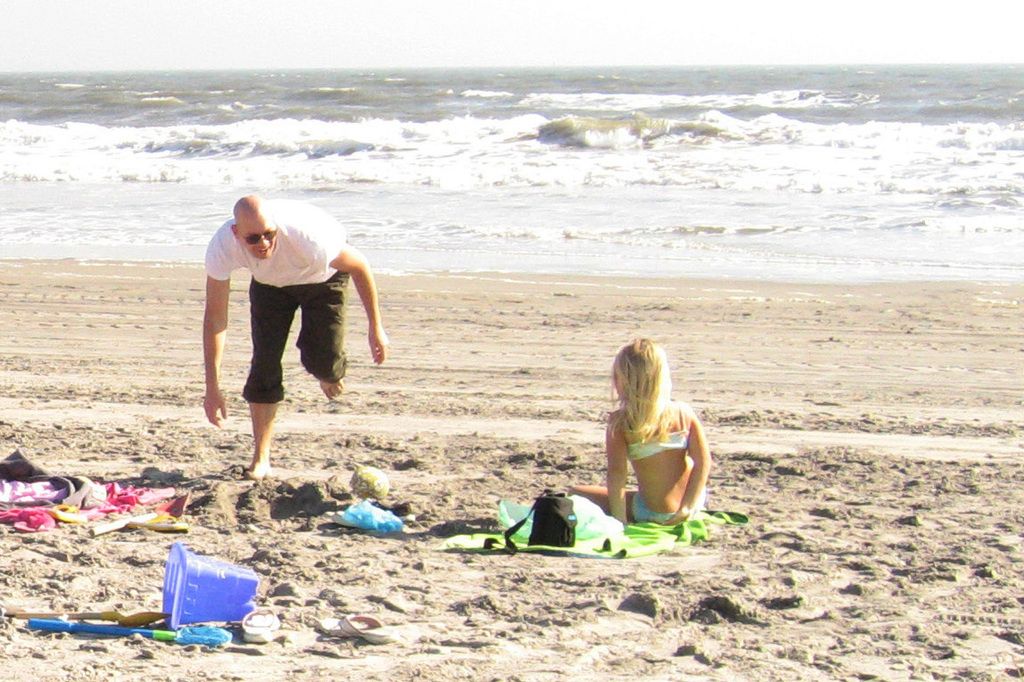Downing a Few Less: Vietnam's Booze Tax Hike Hits Beer Giants Hard
Vietnam legislators endorse a tax increase on alcoholic beverages, aiming to escalate the duty from its current level to 90% over the next decade.
Get ready for pricier pints in Vietnam, mate! The country's National Assembly has given the thumbs-up to a proposal to boost the special consumption tax on alcoholic beverages, cranking it up to 90% by 2031 from its current rate of 65%. While the top rate won't reach the initial proposed 100%, it's still bad news for Vietnam's booze industry, which is already feeling the squeeze from strict drink-driving laws.
Under this new legislation, the fiscal whack on beer and spirits will climb to 70% by 2027, a year later than first planned. And by 2031, booze tax will hit a whopping 90%. That's a hefty hike, even for a nation with one of Southeast Asia's biggest beer markets, according to a 2024 KPMG report.
As it stands, Vietnam currently taxes alcoholic beverages at a 65% rate. But the initial proposal from last year had the tax levy soaring as high as 100%. The aim of this tax spike is clear: to deter drinkers and improve public health.
The beer biz in Vietnam is a brew-ha-ha, with big hitters like Dutch brewer Heineken, Danish giant Carlsberg, and local breweries Sabeco and Habeco on the roster. These giants have already felt the wallop of tougher drink-driving laws introduced in 2019, which slapped a zero-alcohol limit on drivers. The impact has been felt hard, with beer industry revenues taking a nose-dive for the past three years.
In response to flagging demand and the initial tax hike projections, Heineken put the brakes on operations at one of its Vietnamese breweries last year. On Saturday, lawmakers also approved a new sugar-sweetened drink tax of 8%, which will kick in 2027, gradually rising to 10% in 2028.
The Skinny on the Sobering Tax Hikes
Here's the lowdown on how the new tax hikes could impact the beer industry:
- Pricey Provisions: Higher taxes will translate to higher prices, potentially dampening consumer enthusiasm and hitting sales volumes.
- Local Struggle: Investments in small, local businesses could be impacted, threatening their future amid changing consumer behavior and market dynamics.
- Competitive Crunch: Companies will need to be nimble, balancing efforts to maintain market share with rising production costs and an eye on shifting consumer preferences.
- Intentional Interference: By raising the tax burden, the Vietnamese government aims to curb alcohol consumption as part of a broader plan to prioritize public health and the environment.
No need to get plastered about the future outlook, but the booze tax reforms could lead to a shift towards lower-alcohol beverages or non-alcoholic options, making it essential for companies to track consumer trends and adapt their strategies accordingly. #CheersToChange
- The new tax hikes on alcoholic beverages in Vietnam, specifically targeting the beer industry, could lead to an increase in prices, potentially reducing consumer enthusiasm and sales volumes.
- The proposed tax increases might impact investments in local, smaller businesses in east Asia, potentially threatening their future as consumer behavior and market dynamics evolve.
- In an effort to curb alcohol consumption and prioritize health and environmental concerns, the Vietnamese government is intentionally raising the tax burden on the alcohol and beverage industry, leading to a competitive crunch for companies who need to balance maintaining market share with rising production costs and shifting consumer preferences.




